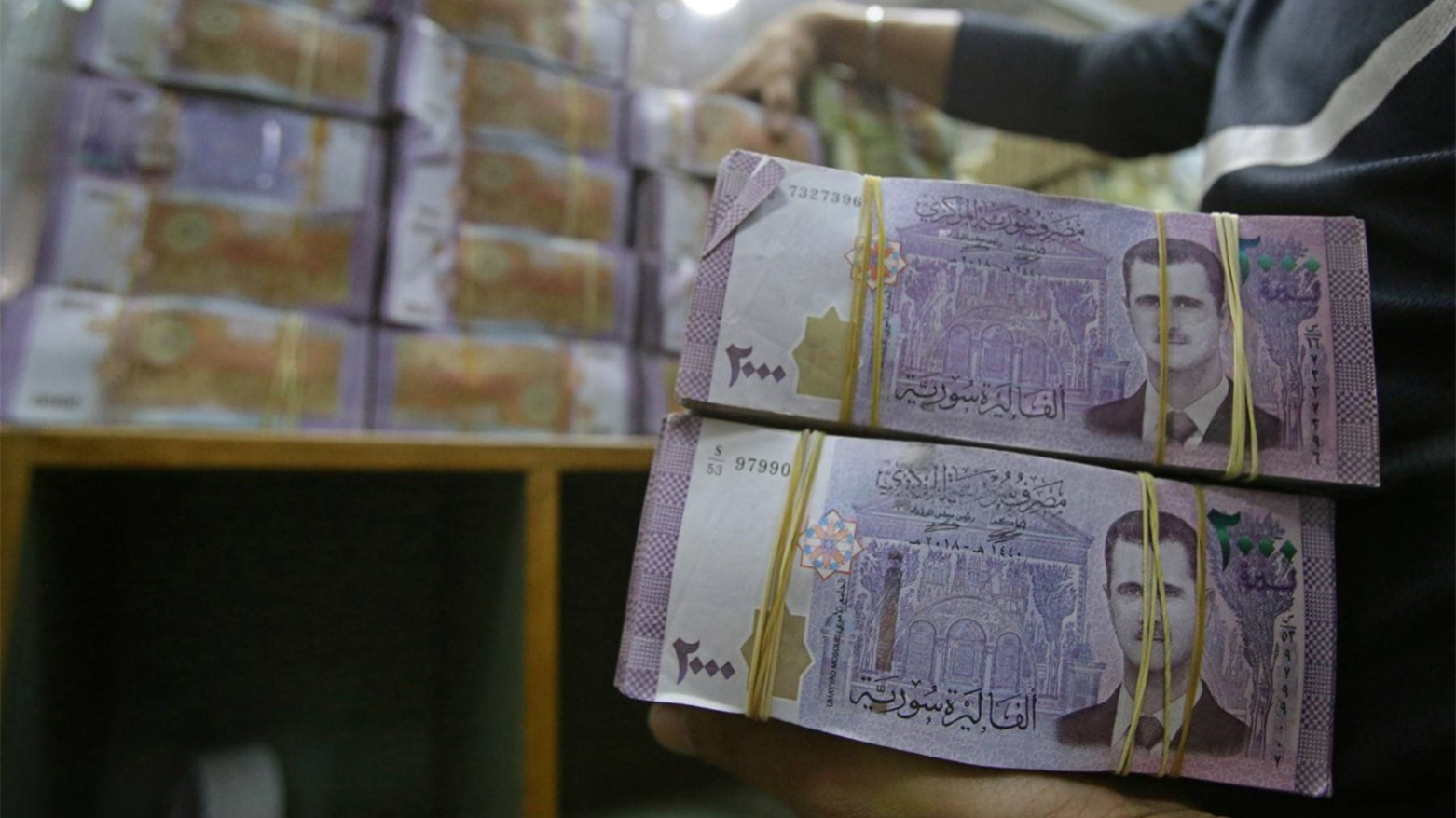Syria's new administration moves to seize assets of former Assad regime officials
This development signifies a key change in Syria's approach to managing state assets and addressing the economic legacy of the previous administration.

Dec. 31, 2024
ERBIL (Kurdistan24) – Syria's new administration has begun a noteworthy economic initiative intended to recover assets allegedly misappropriated during the Assad regime's rule.
This development signifies a key change in Syria's approach to managing state assets and addressing the economic legacy of the previous administration.
In a comprehensive announcement, Basel Abdul-Hannan, the Economy Minister of Syria's new administration, revealed the formation of a specialized committee tasked with the investigation and seizure of properties controlled by former high-ranking Assad regime officials and their associated companies.
The extent of this initiative goes beyond individual holdings to also include corporate assets, targeting companies that apparently acquired land and property through illicit means during the Assad era.
The minister's statement carries particular importance in the context of Syria's economic reconstruction efforts.
Adding an important international dimension to these developments, Abdul-Hannan revealed that Arab nations have promised support for Damascus via major infrastructure projects, indicating potential regional backing for Syria's reconstruction process.
This initiative can be seen as part of a wider effort to reshuffle Syria's economic landscape and address the complicated legacy of asset distribution under the previous regime.
The formation of this committee implies a systematic approach to examining and retrieving state assets, which could have important consequences for Syria's economic revitalization and the restructuring of national wealth.
This move echoes a common pattern in post-regime change scenarios, where new governments regularly attempt to recapture assets believed to have been improperly acquired by former regime officials.